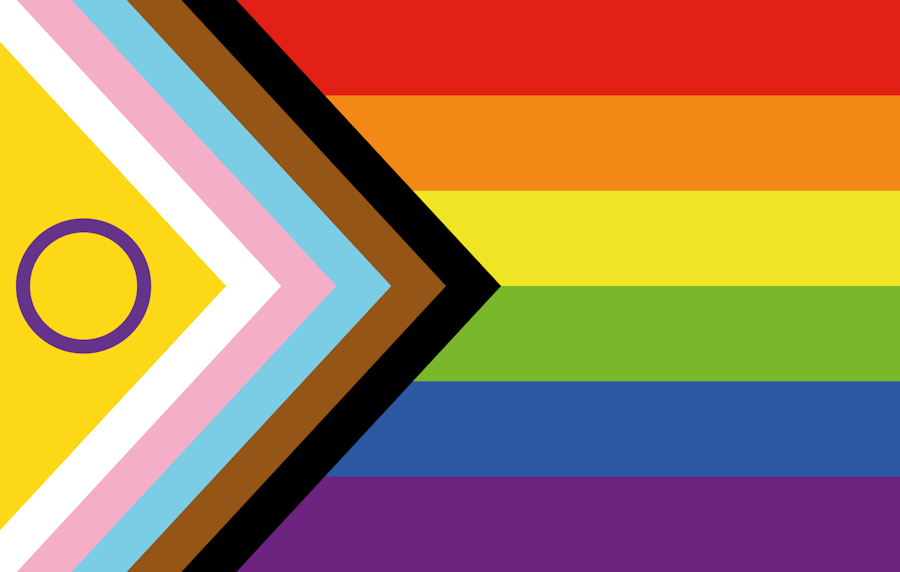The Tools of a Nutrition Therapist
Written by Jenn Burnell, CEDRD, Regional Director of Clinical Outreach for Carolina House
Every day, individuals seek professional nutritional help in implementing the “perfect diet” that is blowing up their social media feeds. To make it even more confusing – and potentially dangerous – is that there are varying levels of nutrition experts marketing their services, and knowing who to trust can be just as daunting. Nutritionist? Dietitian? Medical Nutrition Therapist? Nutrition Coach? What does it all mean? It can mean everything and/or nothing at all – and if someone is seeking help for eating behaviors that have become life intrusive and are impacting their health, seeking a properly qualified professional is even more crucial. So… just to make this even more murky, I’m going to add one title more to the mix: Nutrition Therapist.
First off, I must acknowledge that using Nutrition Therapist is not an accredited term nor a certified title- in fact it is not even 100% used among Certified Eating Disorder Registered Dietitians (CEDRDs), which are considered the most experienced practitioners in the eating disorders field. “Nutrition Therapist” technically can be freely used by anyone, so it is be important to check that the provider also is a Registered Dietitian or Registered Dietitian Nutritionist (RD/RDN).

A nutrition therapist provides (want to guess?) nutrition therapy to clients seeking eating disorder recovery and help around chronic dieting patterns. Nutrition therapy is different from the typical pictures of a dietitian in a lab coat telling a person what to and not to eat. Instead of focusing on nutrition education and standardized meal plans, a nutrition therapist guides a client along on a self-discovery journey around their beliefs around food. By dispelling myths with sound nutrition information, and providing a non-judgmental space for clients to discuss, explore, and challenge the “whys” of their thoughts and behaviors, the nutrition therapist helps move an individual towards a life enhancing relationship with food. On top of this, a nutrition therapist also must provide clinical nutrition interventions to aid in the medical complications associated with eating disorders.
Sounds simple enough, right? Actually, as many seasoned nutrition therapists will tell you, it takes a long time to hone in on these skills, which often means attending various trainings that are not typically provided in most didactic nutrition programs. Understanding counseling approaches such as motivational interviewing (MI) is integral to help guide clients through the resistance and ambivalence around their detrimental behaviors.
A nutrition therapist must also have a strong understanding of therapeutic modalities that mental health clinicians use when treating eating disorders, such as cognitive behavioral therapy (CBT), dialectical behavior therapy (DBT), acceptance and commitment therapy (ACT), family-based therapy (FBT), and internal family systems (IFS) to name a few. Incorporating the language and principles from these approaches not only help create cohesive messaging within one’s treatment team, but it also makes the nutrition therapist more effective in helping their clients.
What about specific nutrition-focused approaches that are best practices for nutrition therapists? Effective nutrition therapists understand, embrace, and embody the principles of both Intuitive Eating (IE) and Health at Every Size (HAES), and discuss nutrition using a non-diet approach.
I first discovered the book Intuitive Eating back in 1997 at my first job out of grad school. I credit that book, written by Evelyn Tribole and Elyse Resch, for changing my life both professionally and personally, and plotting the course that led to where I am today. Their first edition shattered my world as a way to “Make Peace with Food”, and its Ten Principles around breaking the diet mentality served in working with all of my outpatient clients, especially those coming in for weight loss.
Where some aspects of the book may be challenged by staunch non-diet proponents, the overall message embraced by nutrition therapists around the IE model is that of body trust: that the vast majority of individuals have an innate ability to sense hunger, satiety and what food will best honor your needs in that moment. However, as idyllic as it sounds, it is that simplicity and freedom that can make it seem inaccessible to eating disorder clients. Also, it could leave individuals (especially those black-or-white thinkers) feeling like a “failure” if they ate when not hungry or past satiety, which are what we as humans and social beings all do from time to time. Cue Ellyn Satter…
Ellyn Satter is another pioneer in creating guiding principles for nutrition therapists. Her simple handout called “What is Normal Eating?”, which was penned in 1983, still resonates true today. Where much of her work revolves around child feeding dynamics, her Eating Competence Model (also known as ecSatter) is based on two key elements: 1) the discipline of providing yourself with regular, reliable, and rewarding meals and snacks and paying attention while you eat and 2) the unconditional permission to eat what and as much as you want at those regular eating times.* These principles require more structure around eating, which differs from IE, yet both can be important tools for eating disorder clients at different points in their journey.
A component of both Intuitive Eating and the Eating Competence Model, and often discussed in nutrition therapy, is the concept of mindful eating (ME). Some people may confuse Intuitive Eating and mindful eating on the surface, but they are quite different. The idea of mindfulness is all about being present in the moment and fully aware of the experience (in this case the meal or snack). Mindful eating does not suggest anything about your physical state (i.e., whether you are hungry or full) in order to do it, just the ability to notice all that is happening in that moment. An objective and curious awareness is often the best approach in implementing ME in nutrition therapy work. Some ideas include: Notice the color of the plate…What do you notice about the temperature of the food/how does the weight of the food feel on in your hand or on your utensil?… and one of my favorite questions: If I was an alien that came from outer space, how could you describe it to me? If a client does or does not like a food (which is completely okay), a nutrition therapist might ask what is it about the food that objectively is not their preference – notice what specifically about the taste or texture is not appealing, or is one aware if a thought versus or past experience is making that decision.
Lastly, where not a nutrition specific strategy, I would be amiss if I didn’t discuss the importance of Health at Every Size® in nutrition therapy for eating disorders. I was first introduced to this platform at the Binge Eating Disorder Association (BEDA) conference in 2012, where it created this landing space for the things that inherently made sense from my experiences in weight management and eating disorder work, and shared solid and pivotal research to support it all. At that time, the take-home messages I assimilated were that 1) one cannot determine anything about one’s health based on a person’s body size, 2) the shame and stigma our society creates around larger bodies is the true health crisis and 3) weight cycling and chronic dieting are the culprits related to poor health versus size or weight. What I have grown to truly understand over the years is that HAES is really a social justice movement advocating for safety and inclusion of bodies of all sizes (and colors and gender identities and abilities). In order for a nutrition therapist to be effective in their work, they must truly embody size diversity acceptance, and have done a thorough assessment of their own weight biases. This can be hard and uncomfortable work, especially because dietetic education provides so many guidelines around weight management.
If you are looking to work with a nutrition professional on eating disorder or chronic dieting struggles, do not be afraid to ask them about their qualifications and approaches to working with clients. Are you a registered dietitian? What do you know about Intuitive Eating or Health at Every Size? What is your approach to weight management? If you are an RDN hoping to learn more on how to effectively work with clients seeking the above help, there are several resources listed below. Also – seek out the support and supervision of the many amazing CEDRDs and Nutrition Therapists that are available to mentor and share their vast knowledge with you, and help our world break free from the frivolous search for the perfect diet.
Online Resources:
Where to find a qualified nutrition professional (CEDRD/ Nutrition Therapist)
Jenn Burnell is a regional Director of Clinical Outreach for Carolina House, an eating disorder program in Raleigh/Durham, NC. She is a Certified Eating Disorder Registered Dietitian Supervisor, and owns CEDRD Nutrition, where she helps RDNs in becoming Nutrition Therapists.

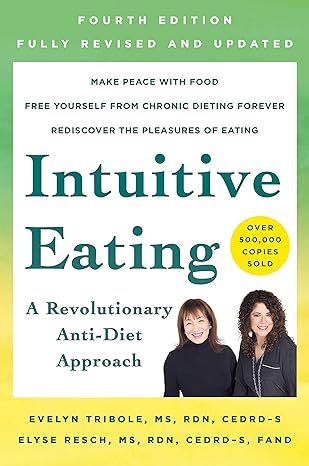



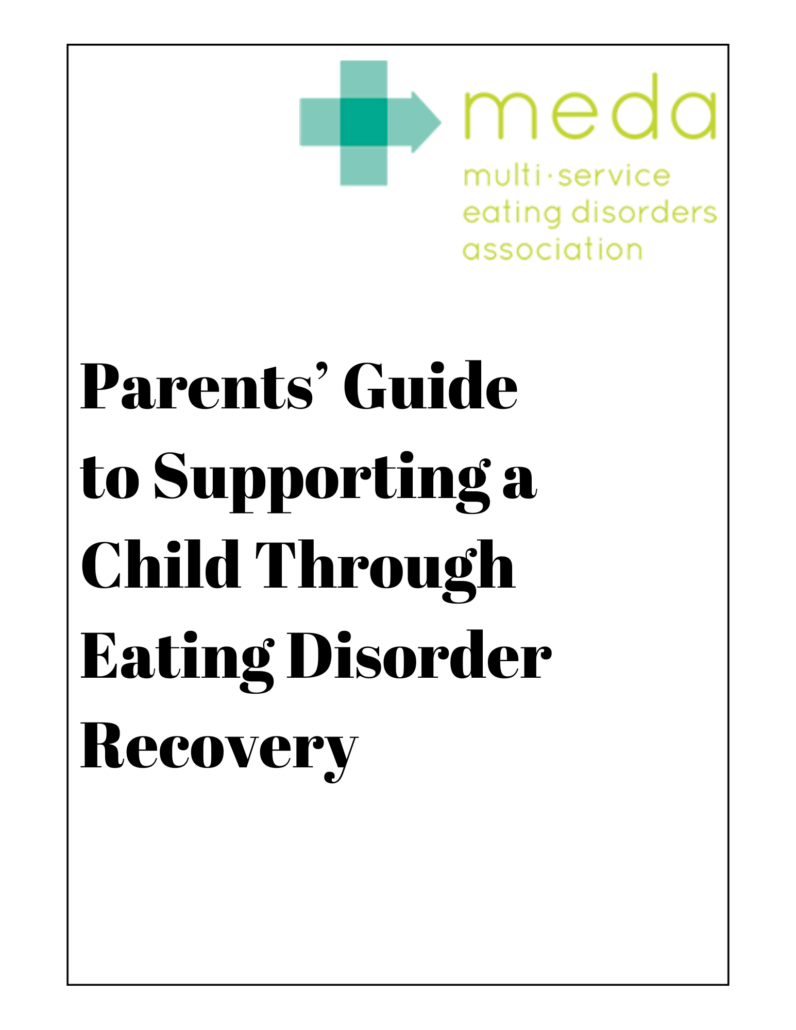


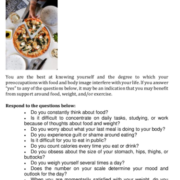

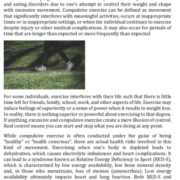
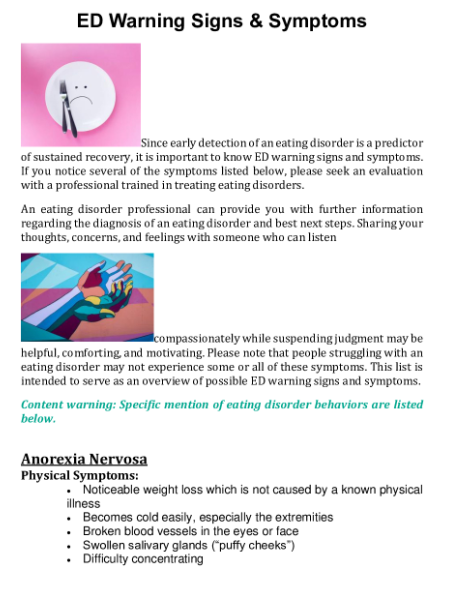









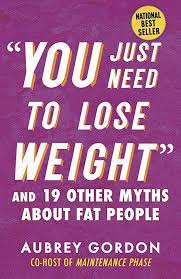
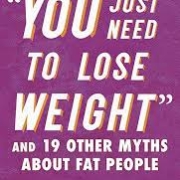
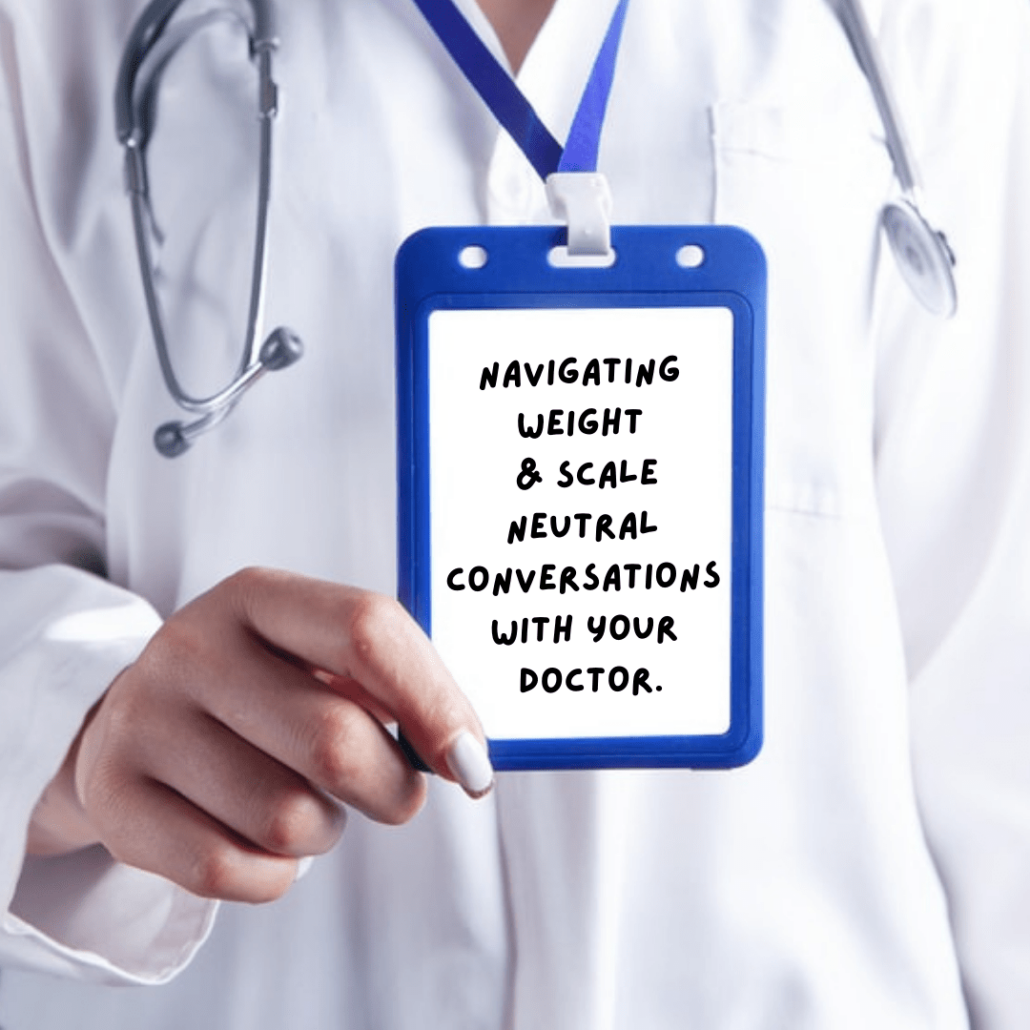

 If you have the opportunity to communicate with your provider through a digital platform, use it to start the conversation.
If you have the opportunity to communicate with your provider through a digital platform, use it to start the conversation. 








